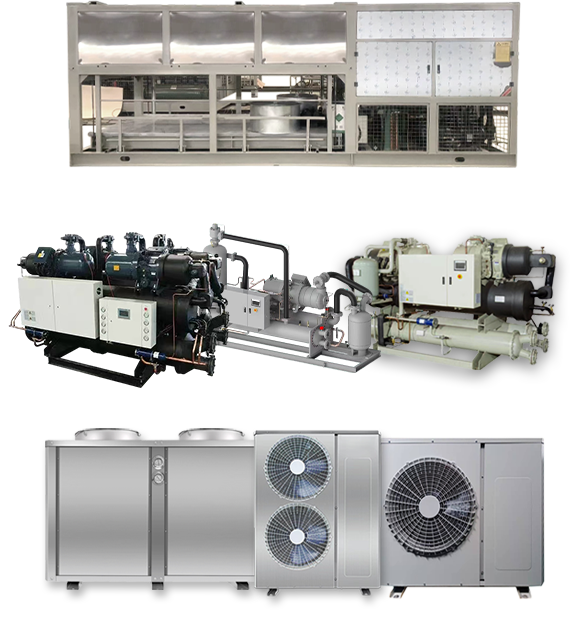China's Cold Room Insulation Panels for Enhanced Temperature Control and Energy Efficiency
The Importance of Cold Room Insulation Panels in China
In recent years, China has experienced tremendous growth in various industries, including cold storage and refrigeration. The increasing demand for efficient cold chain logistics has led to greater emphasis on temperature-controlled environments such as cold rooms. One of the critical components that ensure these facilities operate efficiently is the insulation panels used in their construction. This article explores the significance of cold room insulation panels in China, focusing on their benefits, materials, and applications.
Understanding Cold Room Insulation Panels
Cold room insulation panels are engineered to provide superior thermal insulation, ensuring that the ambient temperatures within refrigerated spaces remain stable. These panels are typically made from materials like polyurethane (PU), polystyrene (PS), and polyisocyanurate, each chosen for their excellent thermal properties and energy efficiency. The right choice of insulation can dramatically reduce power consumption, lowering operational costs for businesses and contributing to sustainability goals.
Benefits of Cold Room Insulation
1. Energy Efficiency Proper insulation helps to maintain the desired temperature within cold rooms, which means refrigeration systems do not have to work as hard. This leads to significant energy savings and reduced greenhouse gas emissions, aligning with China's growing focus on environmental protection.
2. Cost Savings By decreasing energy consumption, businesses can enjoy substantial cost savings over time. Lower energy bills increase the overall profitability of cold storage operations, making them more competitive in the market.
3. Temperature Control Insulation panels help in maintaining a consistent temperature, which is crucial for storing perishable goods such as pharmaceuticals, food, and chemicals. In sectors where shelf life is critical, efficient insulation ensures that products remain within the required temperature range, reducing spoilage and waste.
4. Durability and Longevity High-quality insulation panels are resistant to moisture, pests, and other environmental factors, ensuring that cold rooms remain in optimal condition over the years. This durability translates into lower maintenance costs and longer lifespans for cold storage facilities.
Materials Used in Insulation Panels
The market for cold room insulation panels in China frequently employs several types of materials, each with its unique advantages
china cold room insulation panels

- Polyurethane (PU) Known for its high insulation value, PU panels are lightweight and versatile. They are particularly effective in minimizing thermal bridging, thereby enhancing temperature stability. - Polystyrene (PS) These panels are widely used due to their affordability and decent insulating properties. While not as effective as PU, they still provide a suitable option for many cold storage applications.
- Polyisocyanurate This material offers excellent fire resistance in addition to thermal insulation. It is often used in extreme temperature applications and is gaining popularity in high-performance cold rooms.
Applications of Cold Room Insulation Panels
Cold room insulation panels are used in various sectors across China, including
1. Food Storage Restaurants, supermarkets, and food distribution centers rely on cold rooms to store perishables. Insulation panels ensure that these environments prevent spoilage and maintain food quality.
2. Pharmaceutical Storage The pharmaceutical industry demands strict temperature control for vaccines and other sensitive products. Insulation panels play a critical role in maintaining these controlled environments.
3. Logistics and Distribution Cold chain logistics is vital for transporting temperature-sensitive goods. Insulated cold storage facilities are essential for ensuring that products remain at the required temperatures throughout the supply chain.
4. Agriculture Farmers and distributors use cold rooms to store fruits, vegetables, and other agricultural products, helping to preserve freshness and extend shelf life.
Conclusion
As China continues to advance its cold chain logistics infrastructure, the importance of cold room insulation panels cannot be overstated. Their energy efficiency, cost-effectiveness, and essential role in maintaining temperature control make them a fundamental component of modern refrigeration systems. By investing in high-quality insulation solutions, businesses can enhance their operational efficiency, meet regulatory standards, and contribute to a more sustainable future. With the demand for cold storage facilities on the rise, the importance of efficient insulation systems will only grow, making it a key area of focus for stakeholders across various industries.
















































































































